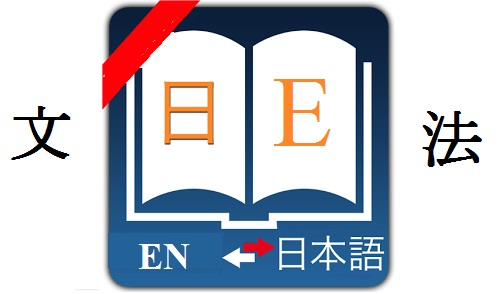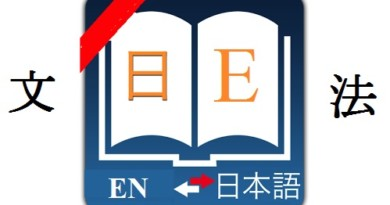Japanese じゃないか ではないか grammar janaika dehanaika

Let’s learn Japanese じゃないか ではないか grammar janaika dehanaika:
Formation :
Meaning and how to use :
Describe the surprise when knowing something unexpected. It also describes the admiration or disappointment.
Example:
あ、あの人は田中さんじゃないか!久しぶりですね。
A, anohito ha tanaka san janaika! hisashiburi desu ne.
Oh, isn’t that man Mr. Tanaka? Long time no see.
君が作った料理がまずいではないか。
Kimi ga tsukutta ryou ri ga mazui dehanai ka.
Isn’t the food you made bad?
石田先生ではないか。誰かと思ったのに。
Ishida sensei dehanaika. Dare ka to omotta noni.
Mr. Ishida, right? I thought that was someone.
君はこのテーブルに並んでいる食べ物を全部一人で作ったじゃないか。上手ですね。
Kimi ha kono te-puru ni narandeiru tabemono wo zenbu hitori de tsukutta janai ka. jouzu desune.
You made all the food on this table alone, didn’t you? You are so good.
彼女に会えないじゃないか。運が悪いですね。
Kanojo ni aenai janai ka. Un ga awarui desune.
You can’t meet her, right? You are so unlucky.
Above is Japanese じゃないか/ではないか grammar janaika/dehanaika. if you don’t understand the signs we used in fomation, you can find their meaning here : signs used in Japanese grammar structures.
You can search the structure you want by using the search tool on our website (using key : grammar + ‘structure name’ or you can find more Japanese grammar structures in the following category : Japanese grammar dictionary
